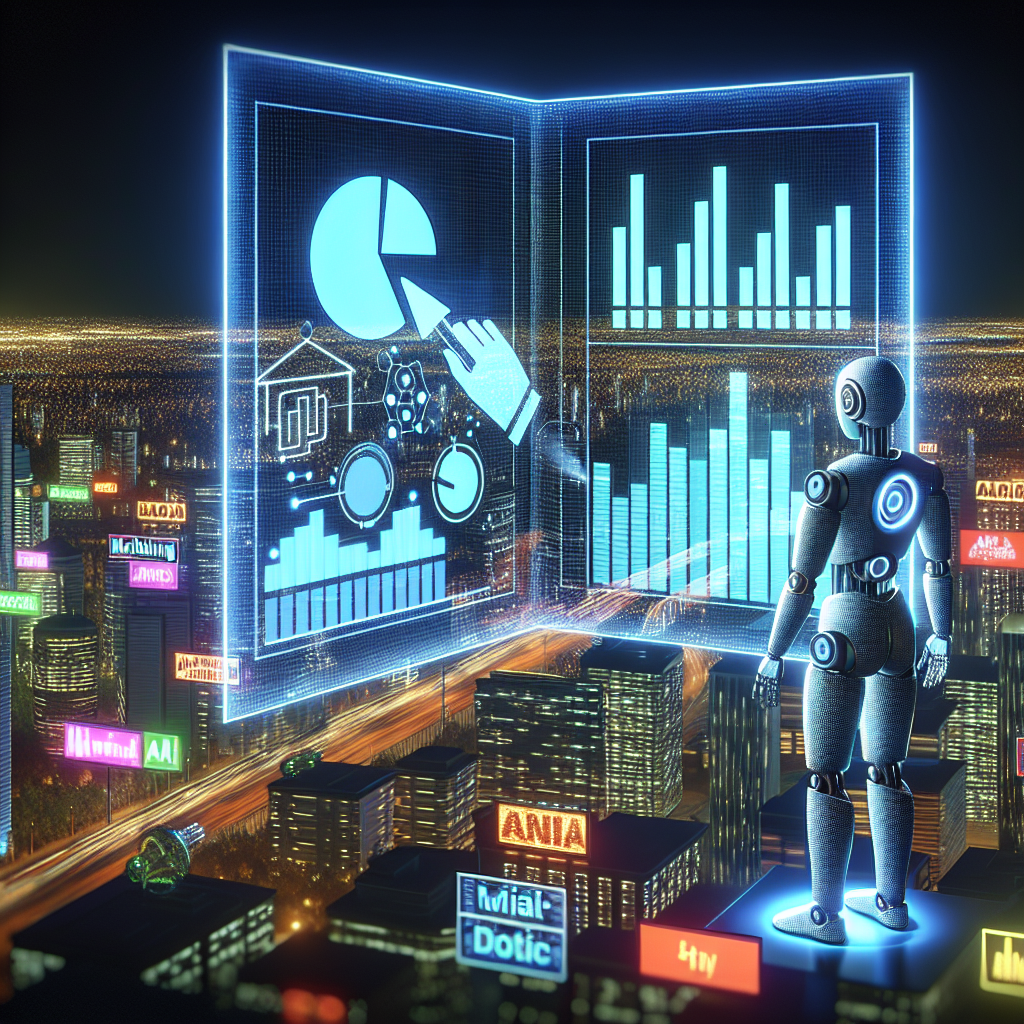Artificial intelligence (AI) has quickly become an integral part of marketing technology, revolutionizing the way businesses interact with customers and analyze data. With AI-powered tools becoming more sophisticated and accessible, the future of AI in marketing technology integration looks promising. From personalized customer experiences to predictive analytics, AI is reshaping the marketing landscape in ways that were previously unimaginable.
One of the key areas where AI is making a significant impact is in customer segmentation and targeting. Traditional marketing strategies often rely on broad demographic data to target audiences, but AI allows marketers to create highly targeted campaigns based on individual customer behaviors and preferences. By analyzing large amounts of data in real-time, AI algorithms can identify patterns and trends that help businesses tailor their messaging to specific customer segments. This level of personalization leads to higher engagement and conversion rates, ultimately driving revenue and customer loyalty.
AI is also transforming the way businesses interact with customers through chatbots and virtual assistants. These AI-powered tools can provide instant, personalized responses to customer inquiries, helping businesses improve their customer service and support functions. By leveraging natural language processing and machine learning algorithms, chatbots can handle a wide range of customer queries, freeing up human agents to focus on more complex issues. This not only improves efficiency but also enhances the overall customer experience, leading to higher satisfaction and retention rates.
Another area where AI is driving innovation in marketing technology is predictive analytics. By analyzing historical data and using machine learning algorithms, businesses can forecast customer behavior and trends with a high degree of accuracy. This allows marketers to anticipate customer needs and preferences, enabling them to tailor their campaigns accordingly. Predictive analytics also helps businesses identify potential leads and opportunities, allowing them to proactively engage with customers and drive sales.
In addition to customer segmentation, chatbots, and predictive analytics, AI is also being used to optimize marketing campaigns and improve ROI. By automating tasks such as A/B testing, campaign optimization, and ad targeting, AI can help businesses streamline their marketing efforts and maximize their return on investment. By analyzing data in real-time and adjusting campaigns on the fly, AI-powered tools can ensure that marketing budgets are spent efficiently and effectively, leading to higher conversion rates and revenue.
Overall, the future of AI in marketing technology integration looks bright, with AI becoming an essential tool for businesses looking to stay competitive in the digital age. From personalized customer experiences to predictive analytics and campaign optimization, AI is transforming the way businesses interact with customers and analyze data. By leveraging AI-powered tools, businesses can improve customer engagement, drive sales, and ultimately, achieve their marketing goals more effectively.
FAQs:
Q: How can AI help businesses improve customer segmentation?
A: AI can help businesses improve customer segmentation by analyzing large amounts of data in real-time and identifying patterns and trends that help businesses tailor their messaging to specific customer segments. This level of personalization leads to higher engagement and conversion rates, ultimately driving revenue and customer loyalty.
Q: What are some examples of AI-powered tools in marketing technology?
A: Some examples of AI-powered tools in marketing technology include chatbots, predictive analytics, and campaign optimization tools. These tools leverage AI algorithms to automate tasks, analyze data, and improve marketing campaigns, ultimately helping businesses drive sales and improve ROI.
Q: How can businesses leverage AI to improve customer service and support functions?
A: Businesses can leverage AI to improve customer service and support functions by using chatbots and virtual assistants to provide instant, personalized responses to customer inquiries. By automating tasks and handling a wide range of customer queries, AI-powered tools can help businesses improve efficiency and enhance the overall customer experience.

